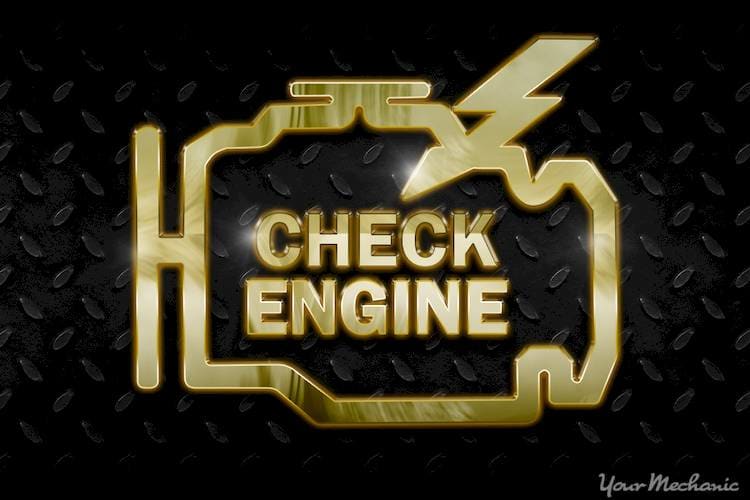P0428 code definition
The P0428 code is defined as catalyst temperature sensor being high in bank one.
What the P0428 code means
The powertrain control module (PCM) receives a high-resolution signal from the optical sensor which counts pulses on the sensor disk found in the injection pump. This high-resolution signal is extremely important because it has a huge influence on the PCM’s fuel control and timing abilities.
Therefore, a test is regularly run that monitors how many high resolution pulses are not detected. To do this, a comparison is done between the amount of pulses detected since the last pump cam pulse and the amount of pulses that should have happened. Every cam pulse should entail 64 high-resolution pulses.
Basically, this means that the three-way catalytic converter isn’t operating as efficiently as the manufacturer had intended.
What causes the P0428 code?
There are a few main reasons this code may be stored:
- The catalyst temperature sensor may be malfunctioning.
- The catalyst temperature sensor harness may be shorted or open.
- The catalyst temperature sensor circuit is suffering from a poor electrical connection.
Of course, the PCM could simply be faulty too. If it stored this code erroneously, it’s more likely that the wiring it draws information through is damaged, though, as a faulty PCM is extremely rare.
What are the symptoms of the P0428 code?
The symptoms that accompany a P0428 code can be nothing more than a simple Check Engine light coming on. On the other hand, it could be something far more serious like the engine stalling or even refusing to start in the first place.
If the catalytic converter’s performance drops so low that it falls below the predetermined threshold for efficiency or if the code is because of a faulty oxygen sensor, there probably won’t be any drivability issues noticeable to the owner.
That being said, the problem will worsen. The converter could melt or otherwise break internal components, which would lead to engine hesitation, hissing noises during acceleration, poor engine performance and other debilitating conditions.
How does a mechanic diagnose the P0428 code?
A typical diagnosis of the problem should start with the mechanic using the OBD-II scanner to review all the problem codes that have been stored on a freeze frame. Next, the mechanic should check the oxygen sensor and its wiring to make sure that it isn’t simply giving a faulty reading.
Assuming that all checks out, the mechanic will then need to examine the catalytic converter to see if it’s been damaged. This will also mean inspecting the other engine components it could have melted.
Finally, if none of the above reveals the source of the code, the mechanic will want to look into the PCM itself. Although it’s rare, this computer could be to blame.
Common mistakes when diagnosing the P0428 code
By far, the most common mistake a technician makes is simply replacing the catalytic converter and not thoroughly researching what happened to cause the problem. Another problem is not using the OBD-II scanner to check for other issues. Some mechanics will listen to the owner’s report of the problem and immediately know the catalytic converter needs to be replaced without ever addressing the source of the damage.
How serious is the P0428 code?
As we mentioned above, sometimes, there aren’t any noticeable symptoms that coincide with this code being stored. Nonetheless, it’s a serious code because of its potential. Aside from the vehicle simply not being able to start, a faulty catalytic converter can cause a wide range of expensive damage.
What repairs can fix the P0428 code?
There are a few things the technician can do to clear this code:
An emissions problem stemming from the catalytic converter is going to become a bigger problem for owners living in states where their vehicle has to undergo emissions tests, so it’s important to have this looked at right away.
Need help with a P0428 code?
YourMechanic offers certified mobile mechanics who will come to your home or office to diagnose and repair your vehicle. Get a quote and book an appointment online or speak to a service advisor at 1-800-701-6230.
Check Engine Light
trouble codes
P0428





